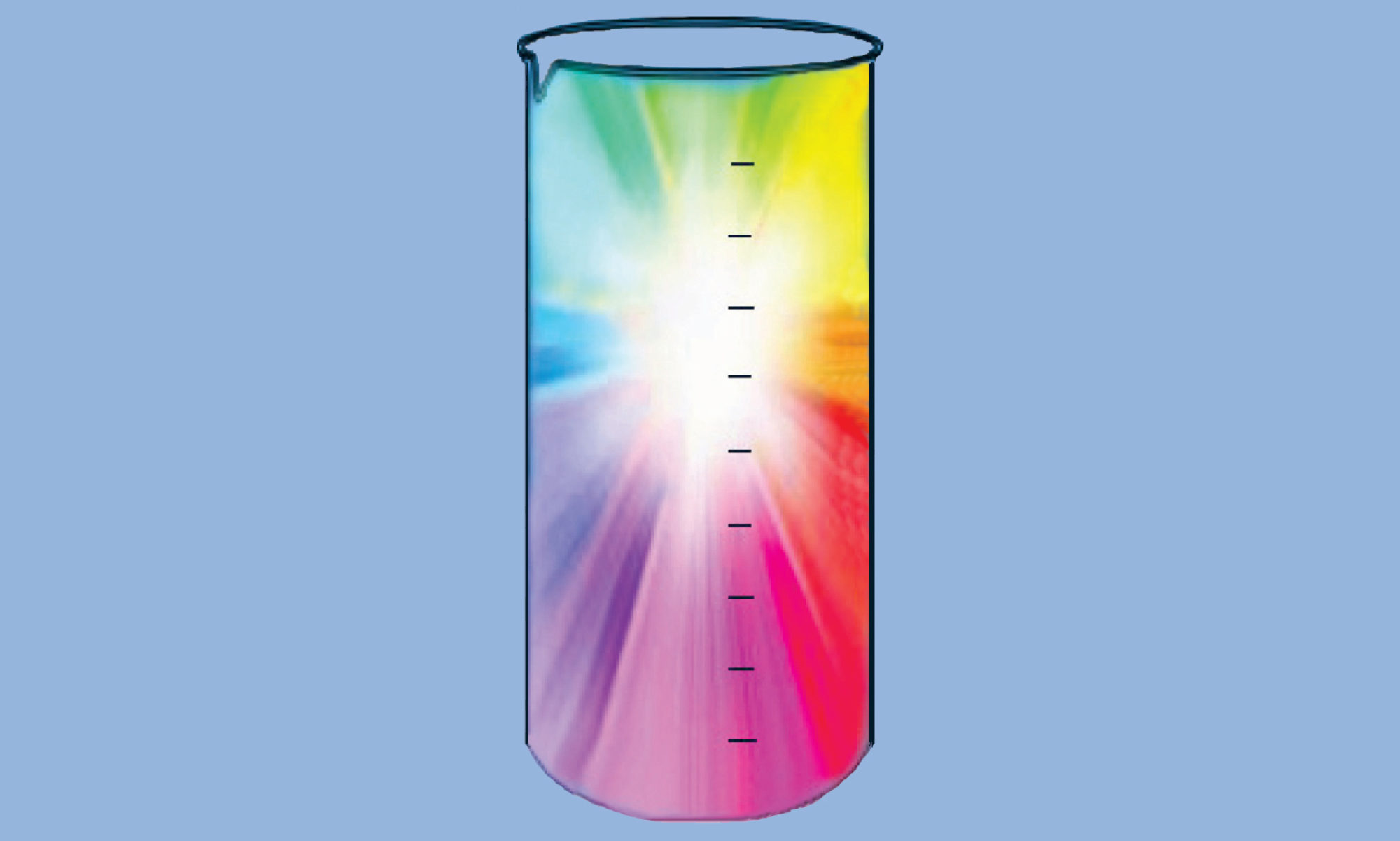
Last week I was in a dollar store picking up some hand sanitizer – now a regular item in our shopping baskets. Behind me in line was an elderly lady, and while I was packing up, she set down a big stack of milk chocolate bars on the counter and then discovered she had forgotten her purse. She seemed disappointed and said she’d have to get them another time, as she wouldn’t have been able to manage the flight of stairs down to the store again. I felt bad and nearly offered to buy them for her. For some reason, I held back, feeling conflicted, and then the moment passed.
For quite some time after, I felt upset about my inability to help, and reflecting on my hesitancy, I came to the following realization. Other than the obvious expense of paying for all the bars, what stopped me from helping out was the fact that she was buying milk chocolate and, as a long-time vegan, I feel very strongly about not supporting dairy products in any way, especially not in purchasing them. If it was another item, I felt like I would have gone ahead and done it.
What this incident showed me is how common it is for us to have situations where we feel unsure how to act because the choices involve conflicting emotions and beliefs. One course of action feels partly right for one reason and partly wrong for another, creating an impossible situation. This can often be the scenario with family members – where whatever we decide will benefit one person but not the other.
As I mentioned in an earlier post, while these types of situations of uncertainty are bound to occur, what’s most important is feeling the need to do what’s right. I felt genuinely bad that I couldn’t help this woman, and it impacted me negatively because helping other people actually lifts my own spirits and helps me too. It’s not always possible to have clarity in such situations and naturally, the best scenario is where both parties are on par and feel mutually uplifted by a heartfelt exchange.
